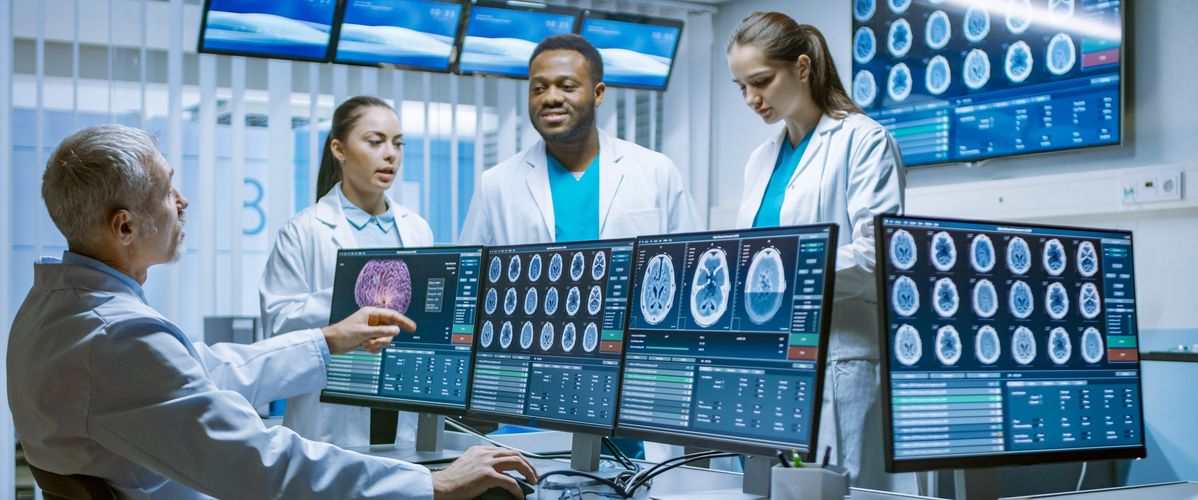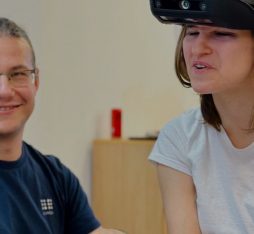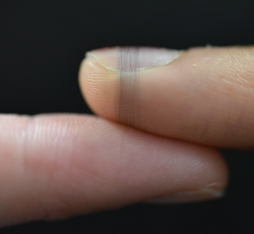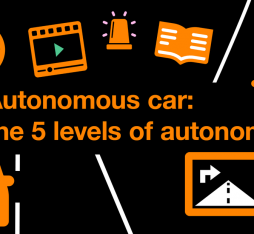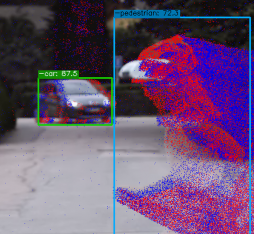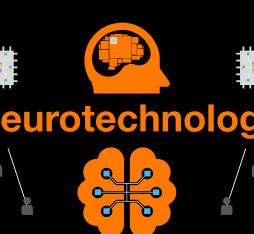• Researchers are developing solutions to advance our understanding and treat a wide range of pathologies: among them the Melomind headset and Wimagine® implants, which could help paraplegics to walk.
• Given their capacity to influence mental states, the development of these new tools has raised a host of ethical questions. In particular, the perspective that they may be used for non-medical purposes has highlighted an urgent need for regulation.
$24.2 billion
According to the 2023 UNESCO report Unveiling the neurotechnology landscape: scientific advancements innovations and major trends, the market for neurotechnology hardware will be worth $24.2 billion in 2027.
https://unesdoc.unesco.org/ark:/48223/pf0000386137
What is behind the renewed interest in neurotechnology?
The field of neurotechnology has been at the nexus of computing and since the 1950s when it emerged alongside the concept of artificial intelligence (AI). It mainly takes the form of systems, which are often linked to artificial intelligence, that interact with brains and enable us to study their structure and functioning. These systems have been developed by academic and corporate researchers and some of them are already available for sale on the market. Officially, according to recommendations issued by the OECD in 2019, by UNESCO in 2021 and the French national charter inaugurated in 2022, neurotechnology has several functions that allow us to visualize, decipher, interpret and modulate the functioning of the brain.
Neurotechnology now offers the possibility not only of monitoring but also of modulating mental states, which may be malfunctioning, and even increasing cognitive capacity.
Can you tell us about the functionalities of these present-day systems?
Civil and military research is advancing rapidly in several countries and on several fronts, both medical and non-medical, and generating massive databases of brain data. Current systems are now able to treat a range of pathologies faster and more effectively and they are also making a major contribution to our understanding of how brains work. We already have technologies on the market that can help users to cope with stress and anxiety, and improve their sleep and concentration etc. One example is the Melomind headset by MyBrainTech which helps users to reduce their stress by automatically playing back music in response to brain activity which it detects with electrodes. Another is the Dreem headband, which monitors sleep. Last year, Clinatec-CEA presented a system based on the Wimagine® electronic implants, which enabled a paralysed patient to walk.
Why is neurotechnology such a sensitive field?
Advances in neurotechnology have paved the way for the development of solutions that are increasingly effective and increasingly miniaturized. This has opened the door for greater investment, broadened the scope of potential applications and also led to a blurring of boundaries between medical and non-medical and civil and military uses. Neurotechnology now offers the possibility not only of monitoring but also of modulating mental states, which may be malfunctioning, and even increasing cognitive capacity. However, the possibility that neurotechnology can be used to influence or manipulate people has also raised ethical issues. It has to comply with clearly stipulated and enforced regulations in the field of medical devices, but when it is deployed outside of this framework, there is a lot of ambiguity with regard to the rules that should apply.
Given rapid development of this technology, what approach should we adopt to ethics?
Right now, it is important evaluate ethical considerations in the context of convergence between different disciplines: we can’t simply deal with AI on the one hand and neuroscience on the other. We should be careful to ensure that this convergence remains focused on human needs and the common good, which raises questions about transparency and the responsibilities of all the players in the value chain. At the same time, we will also need to regulate brain data (information harvested by sensors on or in human brains, editor’s note) to ensure privacy etc., and to address questions about what might happen when this data is combined with identification or even genetic data, which could pave the way for very precise individual profiling.
Some countries like Chili have moved ahead on this. Can you tell us about changes to the law and the emergence of new rights?
In 2022, Chili with support from NeuroRights Initiative became the first country to amend its constitution and approve a bill, which will ensure protection for Chileans brain data and establish informed consent procedures for the use of neurotechnology. Four new rights are now emerging: the right to cognitive freedom, the right to neuroprivacy, the right to mental integrity and the right to psychological continuity. In France, the idea of neurorights has been introduced by the 2021 bioethics law and the 2022 neurotechnology charter, which aim to combat potential abuses and to ensure that the use and development of these technologies is fully aligned with our societal and human values.
For several years, Orange and its Data and AI Ethics Council have played an active role in debate on the ethical implications of artificial intelligence technologies, notably within the framework of a collaborative research project with INRIA on brain-computer interfaces launched in 2019. In the wake of controversy surrounding Neuralink’s recent announcement of invasive implants, the issue of neurorights has never been more topical. Technological advances have made it possible to harvest extensive information on the functioning of individual human brains, and there is now an urgent need for regulation to address questions about how this data can be collected and how it can be used.
Sources :
- Tabouy, L. (2021). Ce que les neurotechnologies soulèvent comme enjeux éthiques et légaux pour la recherche, les neuroscientifiques, les entreprises et la société. Annales des Mines – Réalités industrielles, 2021, 65-73. https://doi.org/10.3917/rindu1.213.0065
- Blake Hereth; Gerard du Boisboissel; […], Tabouy L, Paul Tubig; David Whetham; Nicholas Greig Evans (2024). Horizon Scan of Emerging Issues at the Intersection of National Security, Artificial Intelligence, and Human Performance Enhancement. Science and Engineering Ethics. In submission 2024.
Traditionally classed as a subdivision of biology, neuroscience is now an interdisciplinary science at the nexus of a wide range of disciplines, which studies the functioning of nervous systems: the brain, the spinal cord, and the peripheral nervous system.
According to Marcello Ienca, a researcher at the Swiss technology institute EPFL, neurorights are ““the ethical, legal, social, or natural principles of freedom or entitlement related to a person’s cerebral and mental domain; that is, the fundamental normative rules for the protection and preservation of the human brain and mind.”
 Laure Tabouy
Laure Tabouy

